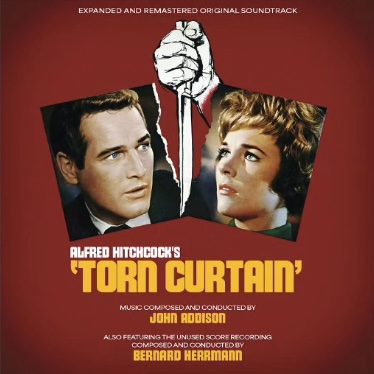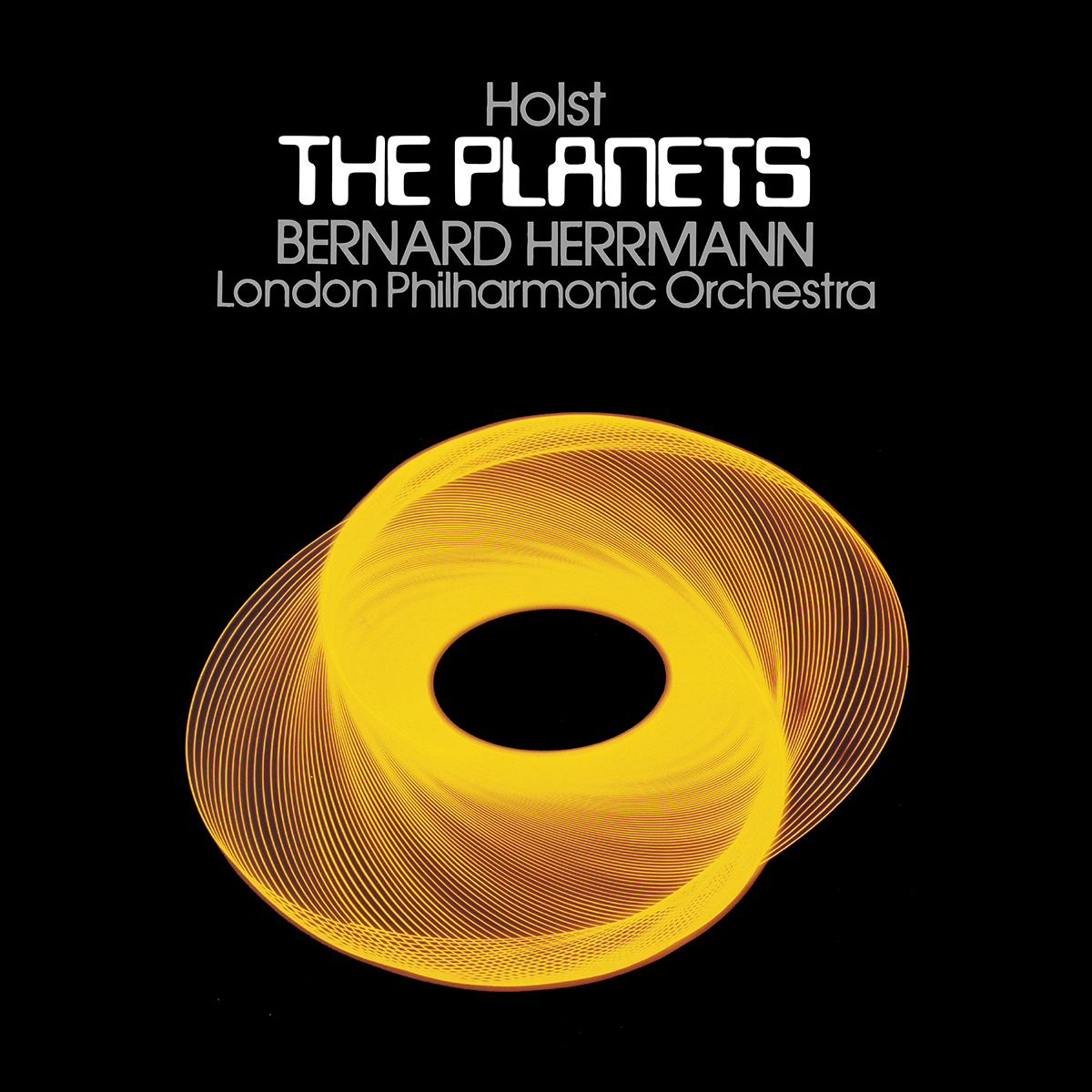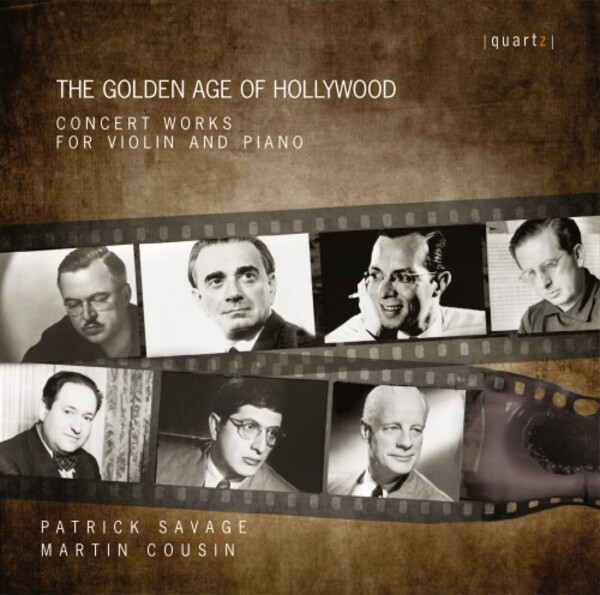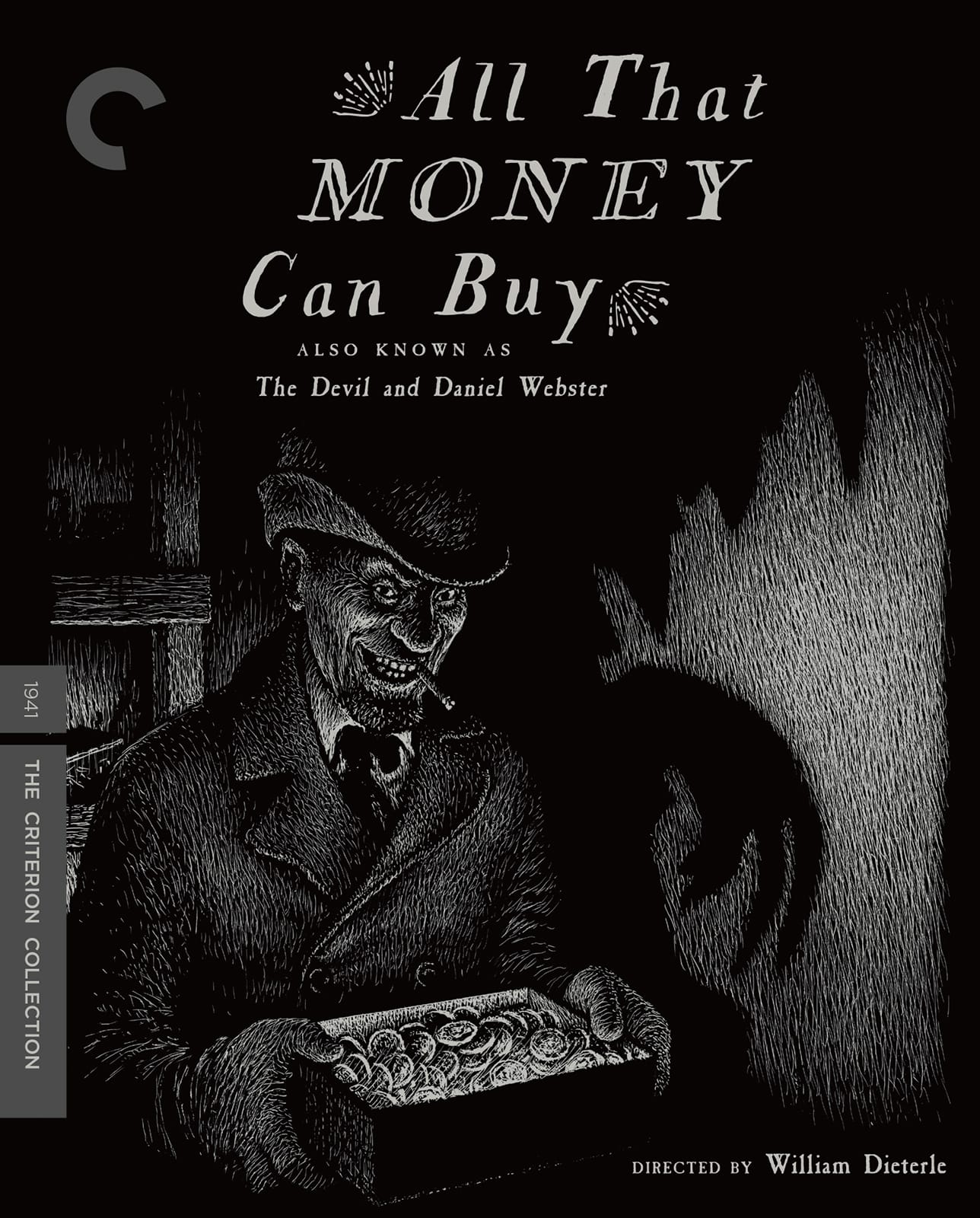Review
It happened in Cologne on October 15, 2002 when the Cologne Philharmonic a.k.a. Gürzenich Orchestra gave their first ever film music concert. The evening was devised by society member Tobias van de Locht, who also was responsible for selecting the repertoire, writing the text for the programme notes and introductions. Furthermore he adapted the two suites for narrator and orchestra.
The Gürzenich Orchestra is an excellent orchestra that recorded many CDs with James Conlon for EMI. The Cologne Philharmonic Hall is one of Germany’s best concert halls and can entertain an audience of 2000. For a concert on a Tuesday evening a turnout of ca. 1600 is certainly a big success. Some of the audience came from all over Germany and even from Scotland.
Scott Lawton was the conductor, he is best known as the chief conductor of the Babelsberg Film Orchestra, furthermore he is a noted conductor of musicals. Sir Malcolm Arnold himself was present and gave the whole affair additional importance.
The programming was quite unique ranging from little known British films, well known Hollywood classics to rejected film scores an gave excellent value for money lasting nearly 3 hours. But for a concert with so much variety the length became a problem even after some of the programme had to be cut.
After an introduction by the German actor Christian Brückner, the concert started with Sir Malcolm Arnold’s Rhapsody “The Sound Barrier”. Sir Malcolm himself arranged the thematic material from David Lean’s spectacular film. The orchestra gave a fine rendition it, but one missed the sprightliness that Andrew Davis gave the piece at the 1996 BBC proms. It was the German premiere of the Rhapsody to be followed with another German premiere, the suite from Sir William Walton’s “Battle of Britain” (with a bit of Malcolm Arnold hidden in it). The orchestra and the conductor had quite a time with and it was very well received.
The Walton/Arnold “Battle of Britain” is an excellent example of a great film score rejected for all the wrong reasons. Attempts to rescue the music from obscurity are as old as the film itself. Laurence Oliver insisted on keeping some of it in the film and succeeded. Sir Edward Heath rescued the written manuscript score from the vaults of United Artists. Bernard Herrmann wanted to record a suite from it as far back as 1975. (Herrmann’s untimely death intervened.) Finally in 1985 Herrmann’s plans were realised by Colin Matthews and Carl Davis. And just recently the whole rejected score made it to CD.
The next piece was a very interesting but unlucky choice. When Stanley Kubrick made “2001″ in the late sixties he wanted to include (amongst others) pieces by Richard Strauss, Ligeti and Katchaturian to serve as soundtrack, but had problems securing the rights. So he asked renowned Hollywood composer Alex North (“Spartacus”, “Unchained Melody”) to write something similar. The concert suite of the rejected music failed to make a great impression as it didn’t work as a piece of concert music, it felt very incoherent due to the patchwork style mix enforced on the composer. Herrmann’s “Torn Curtain” suite might have been a better selection.
Sorina Aust-Ioan was the soloist for the two piano concertos that followed. Richard Addinsell started the trend of the 1940ies film piano concerto with the indestructible “Warsaw Concerto”. But thanks to the strong programming the audience was spared the usual warhorses and got some rarities instead.

The “Concerto Macabre” from “Hangover Square” is Bernard Herrmann’s only venture into film piano concertos. The film starred Laird Cregar as a mad composer who went on killing whenever he heard loud noise. The pianist gave a great rendition of the concerto, but sometimes the orchestra seemed to be a bit lost. A rare example of a piano concerto ending with just the solo piano. It generated an impression of loneliness and death. The audience rewarded the performance with a large applause.
The orchestra excelled with a brilliant performance of Sir Malcolm’s “Ballad for Piano and Orchestra” from “Stolen Face”. The concert suite made in 1999 of the 1952 Hammer production received a world premiere with the tender pianist almost crushing under the brilliance of the orchestral playing. After another round of enthusiastic applause the audience dismissed itself to a much deserved break.
After the interval, Herr Brückner introduced the second half, where he would take a major role in.
The orchestra and the brisk conductor achieved a very impressive version of the suite from “Vertigo”. Alfred Hitchcock left his (then) favourite composer Bernard Herrmann to his own devices, this resulted in an impressive Wagnerian score of great coherency. This showed in suite Herrmann himself created that he took directly from the original score without the usual concert arrangements.
Next on was Ron Goodwin’s prelude from Hitchcock’s “Frenzy”. This was followed by a monologue arranged from the German dubbing script of the film. Christian Brückner dubbed the voice of Jon Finch so many years back and had a lot of fun recreating it. The monologue was perhaps a bit too long, but it ended with a great comic moment as Mr Brückner was pulled from the stage.
Sadly the suite from Sir Malcolm’s “Inn of the Sixth Happiness” was reduced to the prelude because of time reasons, but obviously the orchestra and the conductor enjoyed it.
Brückner returned for another piece for narrator and orchestra. Bernard Herrmann’s final film score was Martin Scorsese’s “Taxi Driver” and for the German dub, you guessed it, Christian Brückner provided the voice for Robert DeNiro. Bernard Herrmann wanted to use simple jazz like melody as the ‘Blues’ motive, but had problems with the jazz idiom. So his friend Christopher Palmer helped him arranging it in 1975. In 1992 Palmer revisited it and he created a much played concert suite. To transfer it into a piece for narration, the suite was split into several parts with Brückner performing in between. This was very effective for his performance but destroyed somewhat the musical effect Palmer wanted to create out of his friend’s final film score. Nevertheless the audience was ecstatic and wanted more.
At that point the concert was already 2 œ hours long, but one masterpiece was still to come. In 1957 Sir Malcolm Arnold scored his most famous film David Lean’s “The Bridge on the River Kwai”. In 1991 Christopher Palmer (again) arranged a long concert suite out of it containing the major thematic material. And what a performance it was. The orchestra and the conductor saved their best for last. It was a spectacular performance that showed the incredible composition and orchestration skills of Sir Malcolm. A well deserved Oscar winner. For the finale, with the Kwai march, Lawton got even into a higher gear and managed to outdo Richard Hickox’ performance on the Chandos CD. The audience gave a standing ovation to the conductor, the orchestra and Sir Malcolm Arnold.
Due to ecstatic applause the conductor gave an encore. The second half of the “Happy Ending” of Arnold’s “Inn of the Sixth Happiness” that was axed earlier. This resulted in another standing ovation and after nearly 3 hours one of the most unique film music concerts was over.
It was quite an event that needs a repetition in the not too distant future. Some minor problems need to be addressed, like slimming down programme notes and introductions and keep them free of unnecessary errors. About 30 min less would probably have been more in the end, but that didn’t distract from the great music.
Many thanks to the Gürzenich Orchestra, Scott Lawton, Sorina Aust-Ioan and especially our very own Tobias van de Locht for a splendid evening of exciting music.
Concert Programme
Tuesday October, 15 2002
Cologne Philharmonic Hall
Gürzenich Orchestra – Cologne Philharmonic
“Just listen to the bloody music!”
Sir Malcolm Arnold (b. 1921)
The Sound Barrier: Rhapsody Op. 37
Sir William Walton (1902 – 1983)
The Battle of Britain: Suite (arr. Colin Matthews)
Alex North (1910 – 1991)
2001 – A Space Odyssey: Suite (add. John Mauceri)
EUROPEAN PREMIERE
Bernard Herrmann (1911 – 1975)
Hangover Square: Concerto Macabre
Sir Malcolm Arnold (b. 1921)
Stolen Face: Ballad for piano and orchestra (arr. Philip Lane)
WORLD PREMIERE
Interval
Bernard Herrmann (1911 – 1975)
Vertigo: Suite
Ron Goodwin (1925 – 2003)
Frenzy: Londond Theme
Sir Malcolm Arnold (b. 1921)
The Inn of the Sixth Happiness: London Prelude (arr. Christopher Palmer)
Bernard Herrmann (1911 – 1975)
Taxi Driver: Diary of a Taxi Driver (arr. Palmer/v.d. Locht)
Premiere in this version
Sir Malcolm Arnold (b. 1921)
The Bridge on the River Kwai – Suite (arr. Christopher Palmer)
Encore:
Sir Malcolm Arnold (b. 1921)
The Inn of the Sixth Happiness: Happy Ending (excerpts) (arr. Christopher Palmer)
Sorina Aust-Ioan – piano
Christian Brückner – narrator
Scott Lawton – conductor
The concert was recorded by the WDR and broadcasted on January 29, 2003.
Special thanks to Gerhard van der Grinten and Jordan Jurtschak






![The Man Who Knew Too Much – 4K restoration / Blu-ray [A]](../../wp-content/uploads/2023/11/TMWKTM-4K.jpg)
![The Bride Wore Black / Blu-ray [B]](../../wp-content/uploads/2023/07/BrideWoreBlack.jpg)
![Alfred Hitchcock Classics Collection / Blu-ray [A,B]](../../wp-content/uploads/2020/07/AHClassics1.jpg)
![Endless Night (US Blu-ray) / Blu-ray [A]](../../wp-content/uploads/2020/03/EndlessNightUS.jpg)
![Endless Night (UK Blu-ray) / Blu-ray [B]](../../wp-content/uploads/2019/12/ENightBluRay.jpg)


